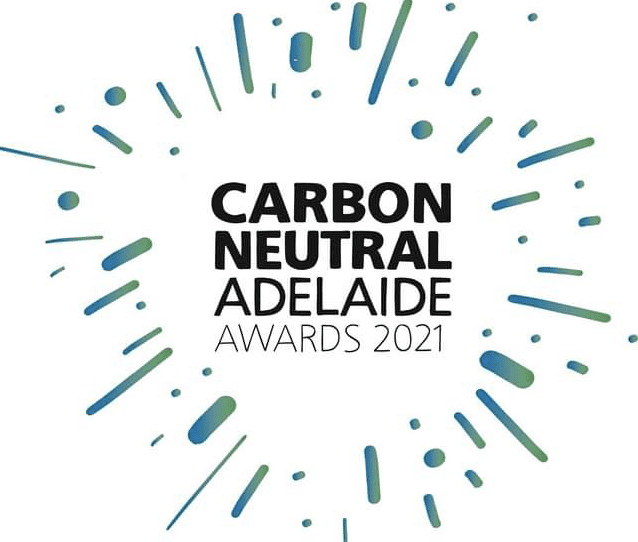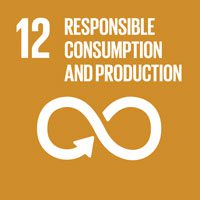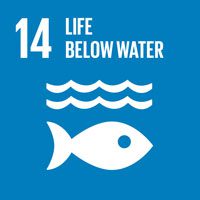Are you using compostable products already?
Did you know most compostable products on the market (e.g. biocups) are only commercially compostable and need specific processing to become compost?
Although they are “made of plant” and include the word “compostable”, unless you collect them and take them to a composting facility via your FOGO*/green bin (if accepted), they will end up in landfill and behave in the same way as traditional plastic.
Research shows that only 0.13% of commercially compostable packaging are correctly disposed of, and recovered through a composting facility.
We are changing this with products that do not require industrial composting.
In Australia,
offer a FOGO* collection service.

But only
accept compostable packaging!
*Food Organics and Garden Organics Kerbside Collection
Source: Compost Connect latest Media Release (May 24) and Australian Local Government Association
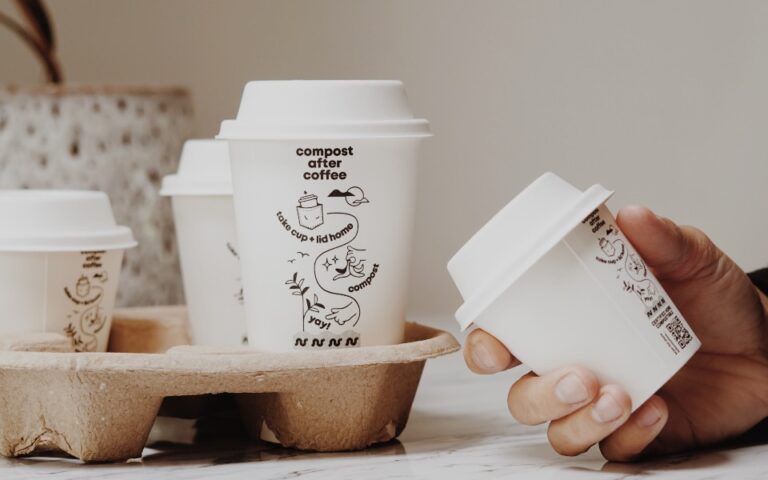
Each of our innovative solutions has been strictly selected for its quality, its user experience and compostable end-of-life. To meet these standards, we follow a diligent process.
- We research, lots of research.
- We check manufacturers/brands home compostable certifications.
- We run different composting tests.
- We visit hospitality businesses and ask for professional feedback.
That way, your customers have the best experience and you see them more often!

Each of our innovative solutions has been strictly selected for its quality, its user experience and compostable end-of-life. To meet these standards, we follow a diligent process.
- We research, lots of research.
- We check manufacturers/brands home compostable certifications.
- We run different composting tests.
- We visit hospitality businesses and ask for professional feedback.
That way, your customers have the best experience and you see them more often!
“The great thing about the home compostable certification is it guarantees products break down in a few months, no matter where it ends up! As my council doesn’t offer a green bin kerbside collection service that accepts packaging, I switched to Compostable Alternatives products. My customers have never been so supportive and love how easy it is to do things right by the environment. They are also spreading the word for me and I have more traffic!” Ollie, Cafe Owner
Compostability explained: our badges of sustainability
Sustainability is as important to us as it is to you. Let’s have a better understanding at certifications, degradability, and materials used in our products. Read more about the different types of compostable packaging in this article!
Materials
Materials
Raw
Natural plant material with no transformation, just the way it is in nature.
Transformed
Materials that have been transformed through a process.
Bagasse
The dry pulpy fibrous material that remains after crushing sugarcane stalks to extract their juice.
Bio-based
Made from renewable sources, not fossil fuels
FSC Recycled Paper
FSC certified 100% post-consumer recycled paperboard.
PLA
Polylactic acid, or polylactide. A polymer made from the extraction of plants' sugar like corn (mostly), sugarcane, beet, potatoes, wheat, maize or tapioca.
PHA
Polyhydroxyalkanoates. A polymer produced in nature by bacterial fermentation of sugar or lipids. PHA is often used for medical applications and for single-use food packaging.
PBAT
Polybutyrate Adipate Terephthalate. A biodegradable binding agent that decomposes in home compost leaving no toxic residues. This ingredient is not bio-based yet but currently partly derived from petrochemicals.
Certifications
Home Compostable: Suitable for home compost systems typically under 30-35℃
Home compostable
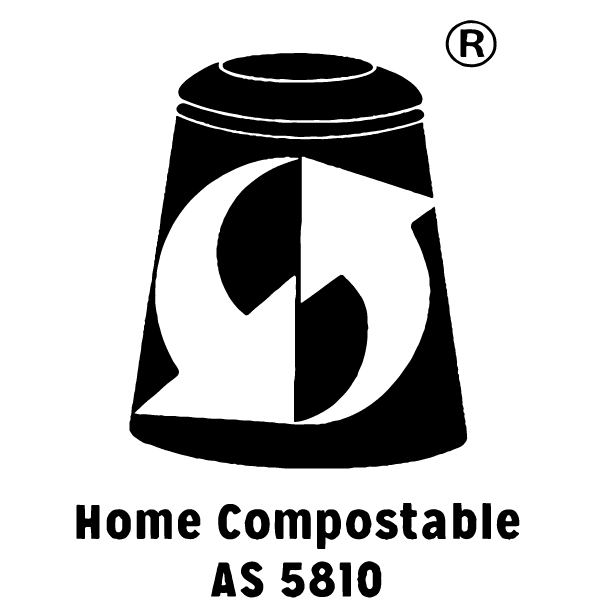
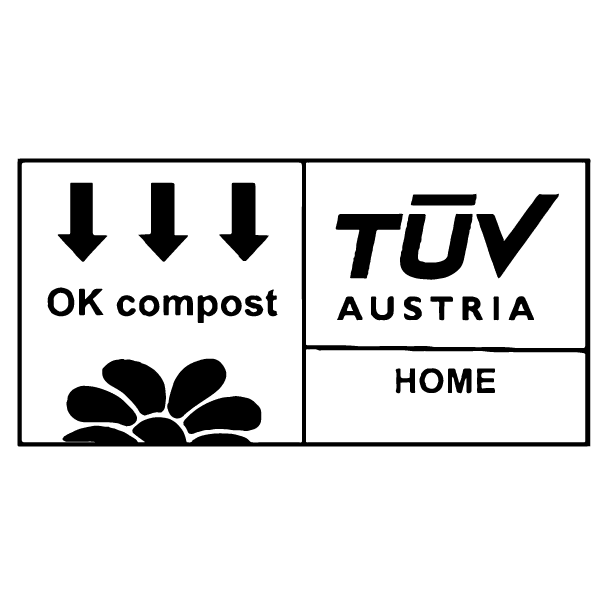
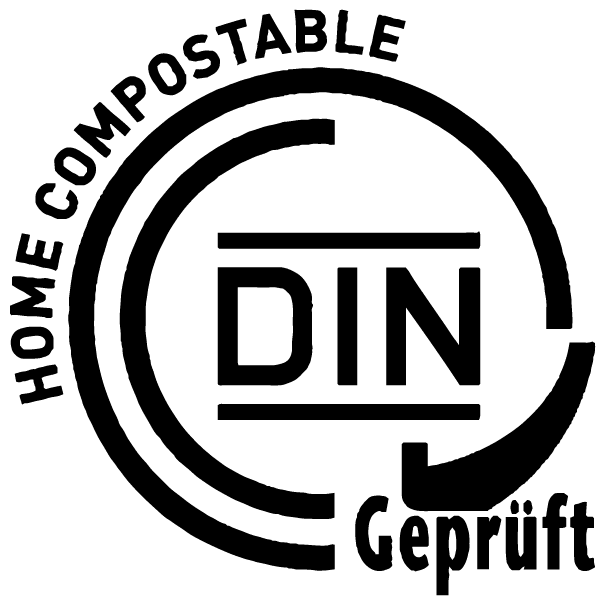
ABA Home Compost

Australasian certification for home compostable packaging
Australasian Bioplastics Association
OK Compost HOME

European certification for home compostable packaging
TÜV AUSTRIA
DIN CERTCO Home Compostable
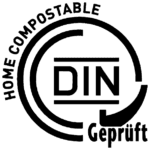
European certification for home compostable packaging
TÜV Rhineland/ DIN CERTCO
Industrially Compostable: Suitable for industrial/commercial compost systems typically between 50-70℃. Check locally, as only about 25 (out of 71) organic recycling facilities accept compostable packaging (APCO 2021). Not suitable for backward composting.
Industrially compostable
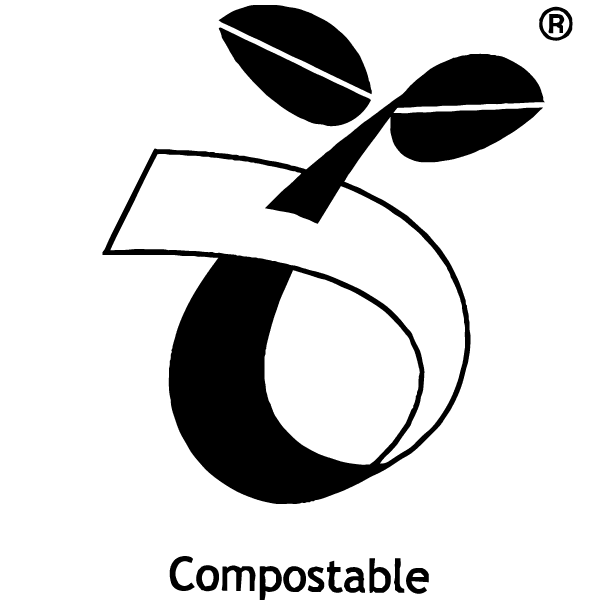
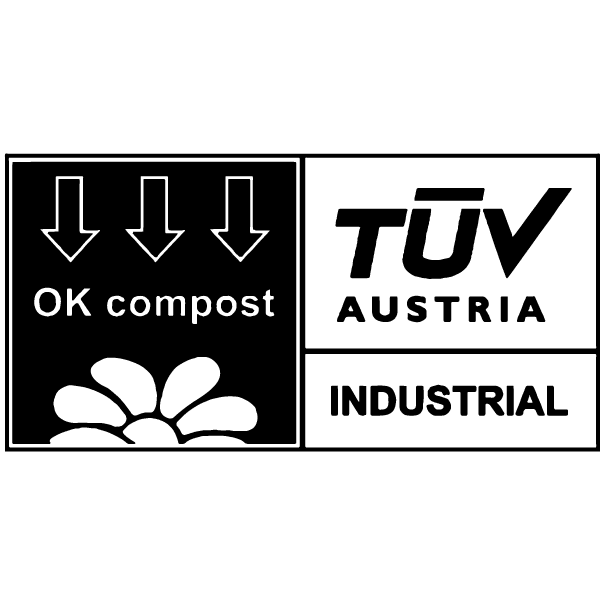
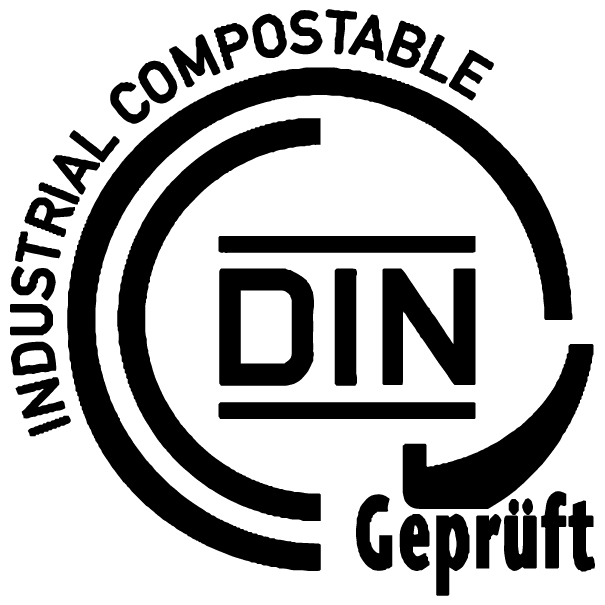
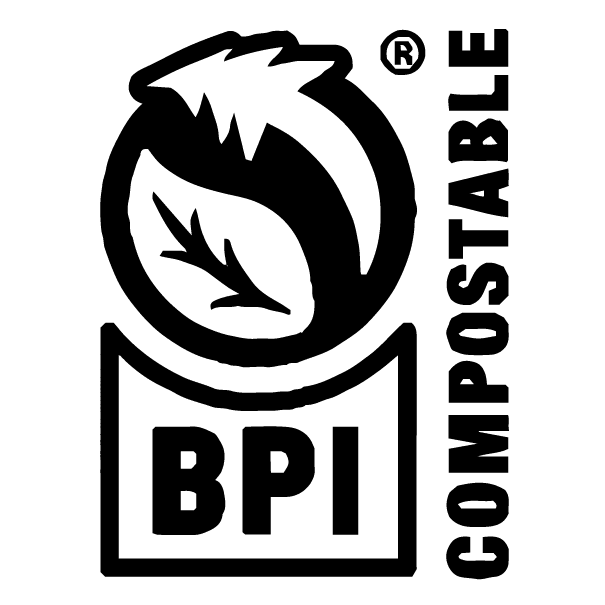
ABA Compostable Industrial

Australasian certification for commercially compostable packaging
Australasian Bioplastics Association
OK Compost Industrial

European certification for commercially compostable packaging
TÜV AUSTRIA
DIN CERTCO Industrial
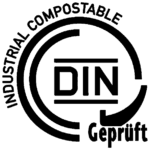
European certification for commercially compostable packaging
TÜV Rhineland/ DIN CERTCO
BPI Compostable
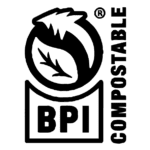
US certification for commercially compostable packaging
Biodegradable Products Institute
Degradability
Degradability
Compostable
Products that break down and return to nature within a short timeframe for the disintegration and biodegradation, with toxicity measurement with or without human intervention.
Commercially compostable
Products that break down only under specific conditions in a dedicated composting facility that includes human intervention. Disposal via authorised green organic waste streams is the only way they can access a facility. Independent State's legislations apply.
Home compostable
Products that break down with no human intervention within 12 to 24 weeks anywhere there are microorganisms and oxygen.
Biodegradable
Opposed to the term compostable, the product breaks down and return to nature with no timeframe, no human intervention and no toxicity measurement. Example: clothing, wood, food waste, etc.
Degradable
Can be broken down into tiny fragments or powder. Degradable does not mean the materials will ever return to nature. All plastics are degradable.
Photodegradable
Product that breaks down more readily in sunlight.
Oxo-degradable
A product that disintegrates more quickly when exposed to heat and light. This term does not mean the material will ever return to nature, it means it will degrade faster.

